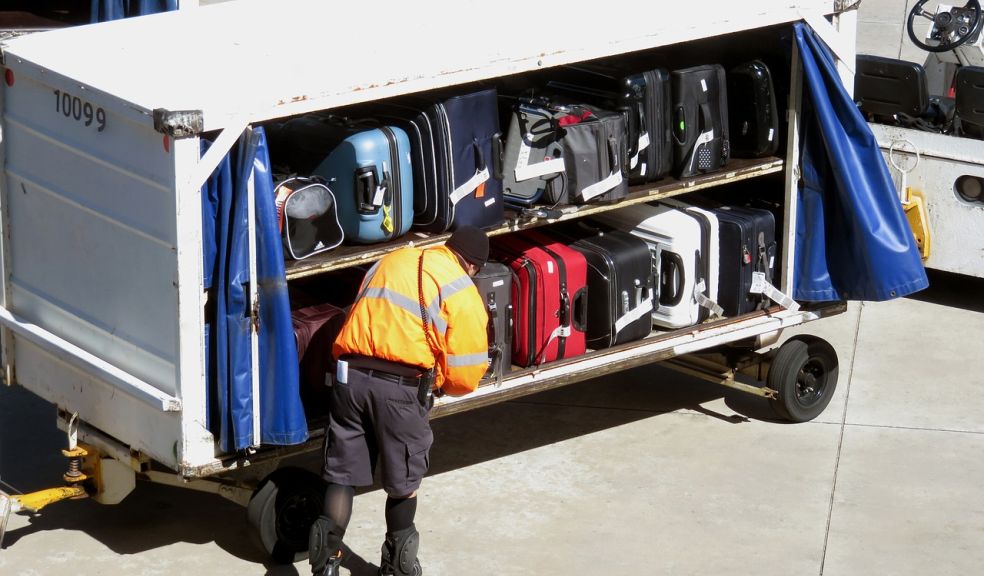
The Unseen Heroes of Aviation: A Deep Dive into Ground Handling Operations
Ground handling, a cornerstone of aviation logistics, operates silently yet significantly. This vast array of services, including baggage handling, aircraft maintenance, and customer service, ensures seamless flight operations. In this exploration, we delve into the pivotal role of aircraft ground handling, illuminating its functions, challenges, and evolving landscape at the heart of aviation's success.
The Importance of Ground Handling in Aviation
Ground handling is the unsung hero of aviation, integral to operational efficiency and safety. These services ensure timely flight departures and arrivals, crucial in maintaining airport throughput and passenger satisfaction. Efficient ground handling directly impacts an airline's reputation, influencing passenger choices and airline profitability. This sector, therefore, is not just about logistical support but is a key contributor to the aviation industry's overall success and sustainability.
A Day in the Life at a Major London Airport
A typical day at a bustling London airport begins long before the first flight touches down. Ground staff are already busy preparing for the day’s tasks. From the meticulous planning of baggage handling to coordinating with flight crews for aircraft servicing, every task is a piece of a larger puzzle. This coordinated effort is especially challenging during peak travel seasons or adverse weather conditions. The staff's adaptability and quick thinking are paramount in handling unexpected delays or technical issues, ensuring minimal disruption to flight schedules and passenger plans.
Global Reach and Coordination
The hallmark of a proficient ground handling service is its global network. This interconnected system allows for consistent, high-quality service across continents. The ability to offer uniform service standards, regardless of location, is a testament to the intricate coordination and communication channels established within this network. This global reach not only benefits airlines by providing a reliable partner in every port but also enhances the overall passenger experience through smooth transitions during international travels.
Innovation and Technology
The advent of technology has brought a paradigm shift in ground handling services. Automated systems for baggage handling have reduced manual errors and increased speed. Digital platforms facilitate real-time communication between ground staff and air crews, enhancing operational efficiency. Eco-friendly practices, such as electric ground support equipment and waste reduction initiatives, are increasingly being adopted, contributing to the aviation industry's commitment to environmental sustainability. These technological advancements not only streamline operations but also help in meeting the rising passenger expectations for swift and secure handling of their travel needs.
Training and Safety Standards
Safety and proficiency are the bedrocks of ground handling services. Comprehensive training programs encompassing safety protocols, equipment handling, and emergency response are mandatory. Regular safety audits and adherence to international standards ensure that the ground staff are well-equipped to manage the complex and dynamic airport environment. This focus on training and safety is not just about adhering to regulations; it's about instilling a culture of excellence and responsibility among the staff, which in turn ensures the safety and satisfaction of the passengers they serve.
Tailored Solutions
Ground handling services are not one-size-fits-all. The diverse fleet of aircraft and varying airline requirements necessitate bespoke solutions. From handling the latest jumbo jets to servicing vintage propeller planes, ground handlers are skilled in catering to a wide array of aircraft needs. Similarly, airlines, from budget carriers to luxury liners, have different service expectations. Customised solutions, therefore, are key in meeting these varied requirements, showcasing the versatility and adaptability of ground handling services in accommodating the specific needs of each client, thereby ensuring a smooth and efficient operation.
The Future of Ground Handling
The horizon for ground handling is expansive, with sustainability and innovation at its forefront. The increasing emphasis on reducing carbon emissions and enhancing operational efficiency points to a future where ground handling plays a pivotal role in shaping environmentally responsible aviation practices. The integration of advanced technologies like AI and robotics promises further enhancements in service speed and quality. This evolution will not only cater to the growing demands of air travel but will also align with global efforts towards a more sustainable and technologically advanced aviation ecosystem.
Real-Life Examples
The competence of ground handling services is often best illustrated through challenging scenarios. Consider, for instance, a situation where an unexpected snowstorm hits a major airport, causing significant delays and cancellations. Ground handling teams swiftly mobilise, working tirelessly to clear runways, de-ice aircraft, and manage the influx of stranded passengers. Their efficient coordination and crisis management skills ensure that normal operations resume as quickly as possible, minimising disruptions.
Another example could be the handling of a high-profile event, like an international summit, where multiple flights carrying dignitaries arrive simultaneously. Ground handlers efficiently manage the heightened security protocols, sensitive baggage handling, and precise scheduling requirements, demonstrating their capability to handle pressure and complexity with ease.
These scenarios exemplify the resilience, adaptability, and proficiency of ground handling teams in ensuring seamless airport operations, even under the most demanding circumstances.
Conclusion
In conclusion, ground handling is an indispensable element of the aviation industry, vital for ensuring safety, efficiency, and customer satisfaction. As the sector continues to evolve, its role in connecting the world remains paramount.
















